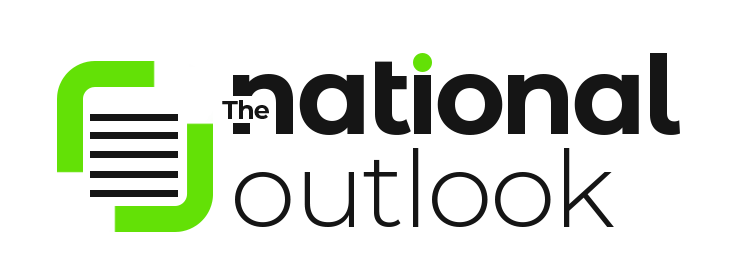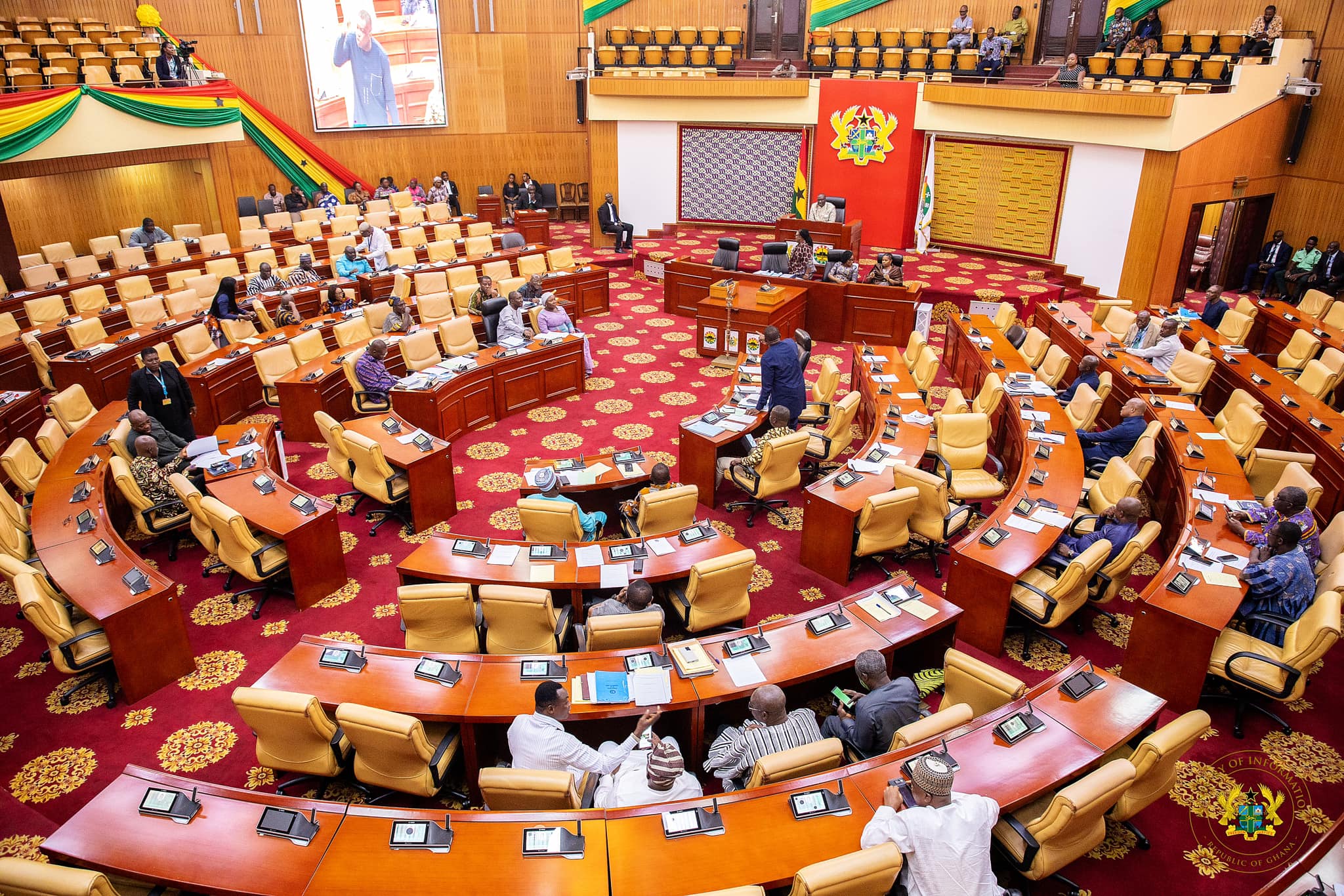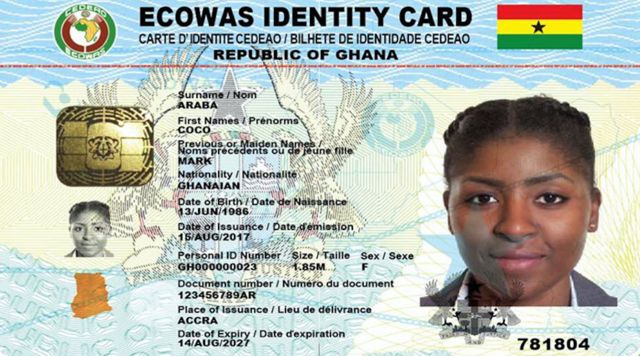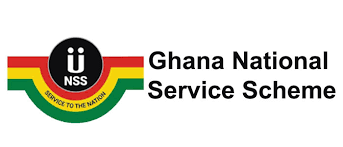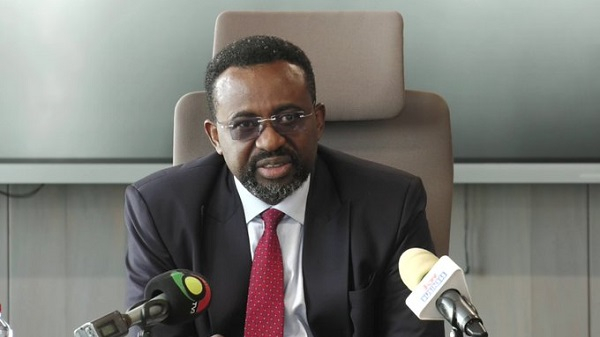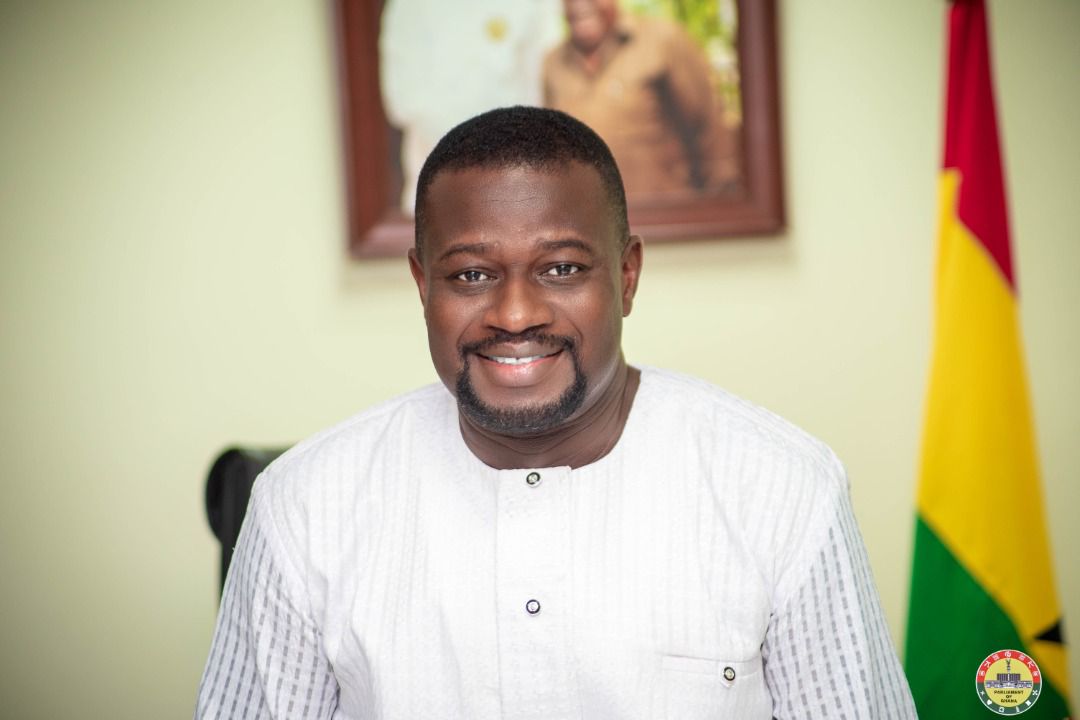Ghana’s Parliament celebrated International Mother Language Day with a vibrant display of linguistic diversity, as Members of Parliament (MPs) addressed the House in their native languages. The initiative underscored the importance of preserving local dialects while fostering unity in the country’s multicultural society.
Leading the occasion was Minority Leader Alexander Afenyo-Markin, who attempted to speak Ewe, his mother tongue. However, he struggled with fluency and concluded in Twi, the widely spoken language in Winneba, the constituency he represents.
Hon. Abla Dzifa Gomashie, MP for Ketu South, also spoke Ewe, reinforcing the significance of embracing indigenous languages. She further incorporated Ga and Twi into her speech, highlighting Ghana’s multilingual identity.
Education Minister Haruna Iddrisu, who is also the MP for Tamale South, addressed the House in Dagbani, his native language, while blending in Twi.
Other MPs contributed by speaking Twi, Ga, Hausa, Frafra, and various indigenous dialects, symbolizing the broad ethnic and linguistic representation in Parliament. This act demonstrated the power of language in promoting inclusivity, mutual respect, and national cohesion.
Significance of the Commemoration
The participation of MPs from different regions and ethnic backgrounds showcased the unifying role of language in Ghanaian society. Despite the country’s diverse ethnic composition, this parliamentary gesture reaffirmed the common bond that ties Ghanaians together. Language serves as more than just a means of communication—it is a key element of identity and cultural pride.
By embracing local languages in national discourse, Parliament highlighted the need to protect, promote, and integrate indigenous languages into everyday governance. This initiative aligns with the global objectives of International Mother Language Day, established by UNESCO to celebrate linguistic and cultural diversity.
As Ghana continues to strengthen its democracy, fostering unity through language and cultural appreciation remains essential in building a cohesive and inclusive society.
